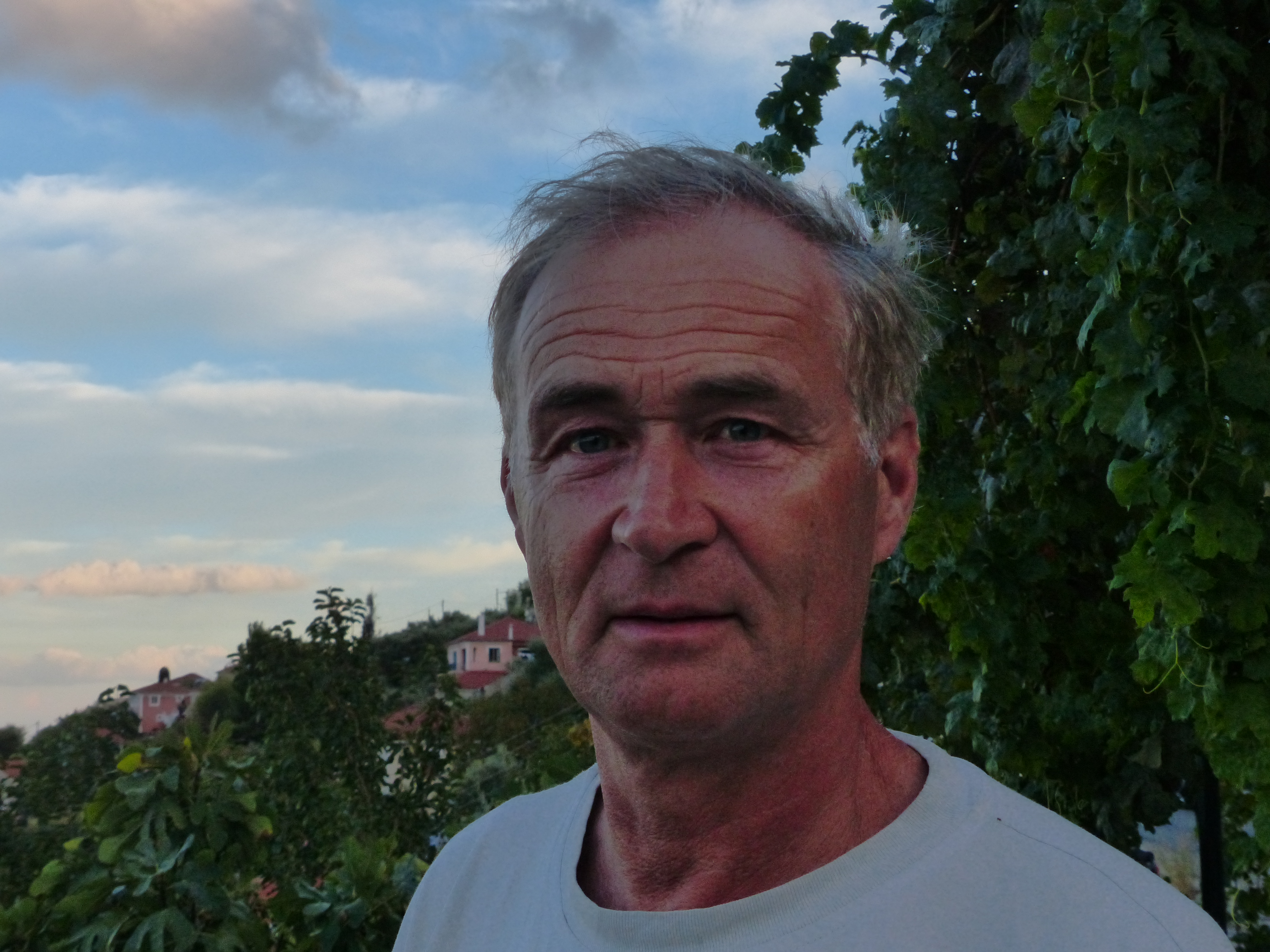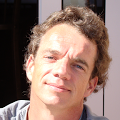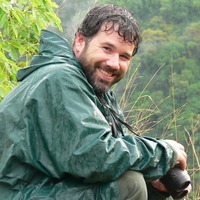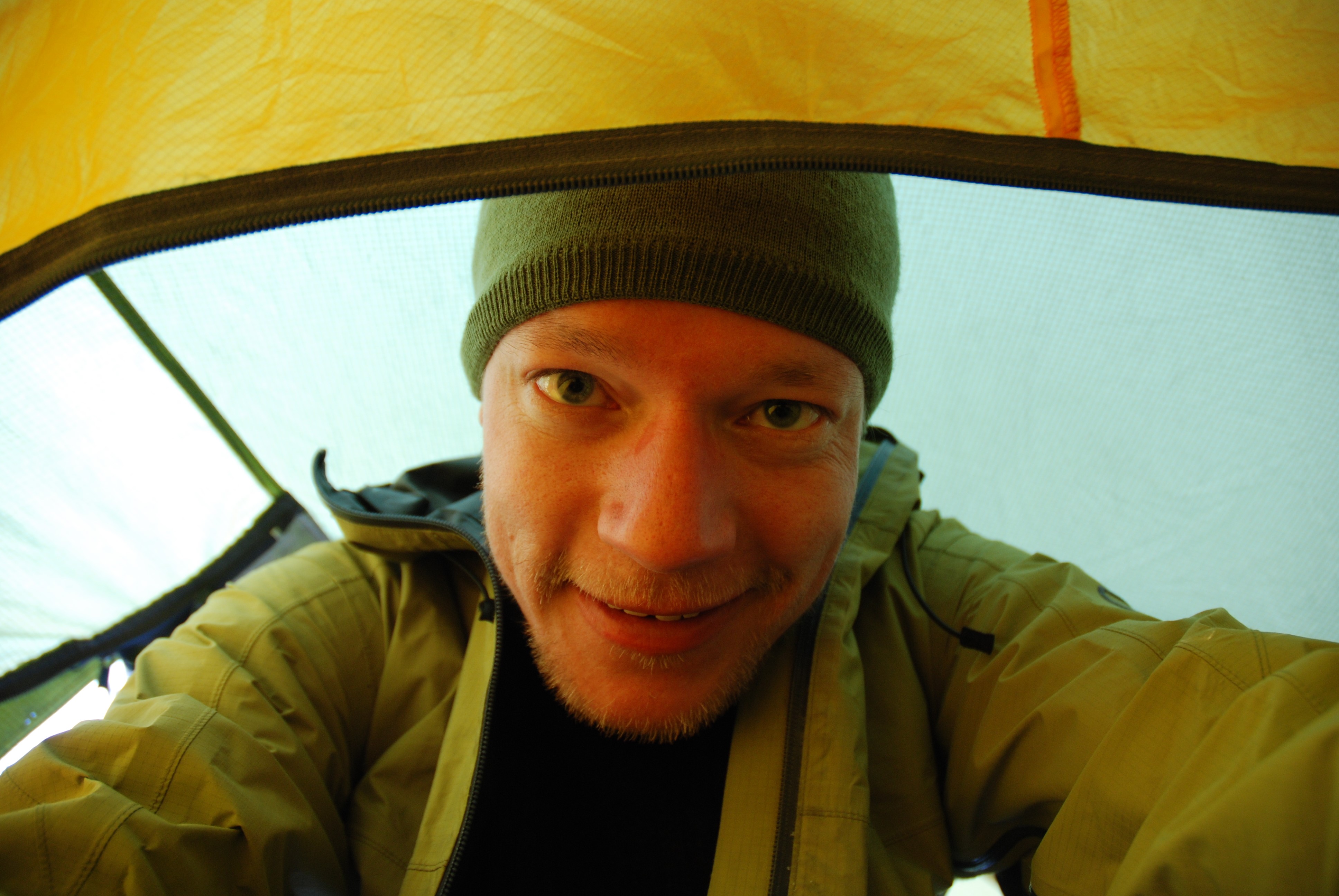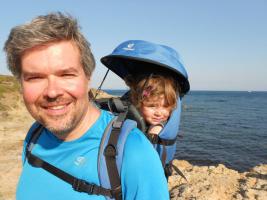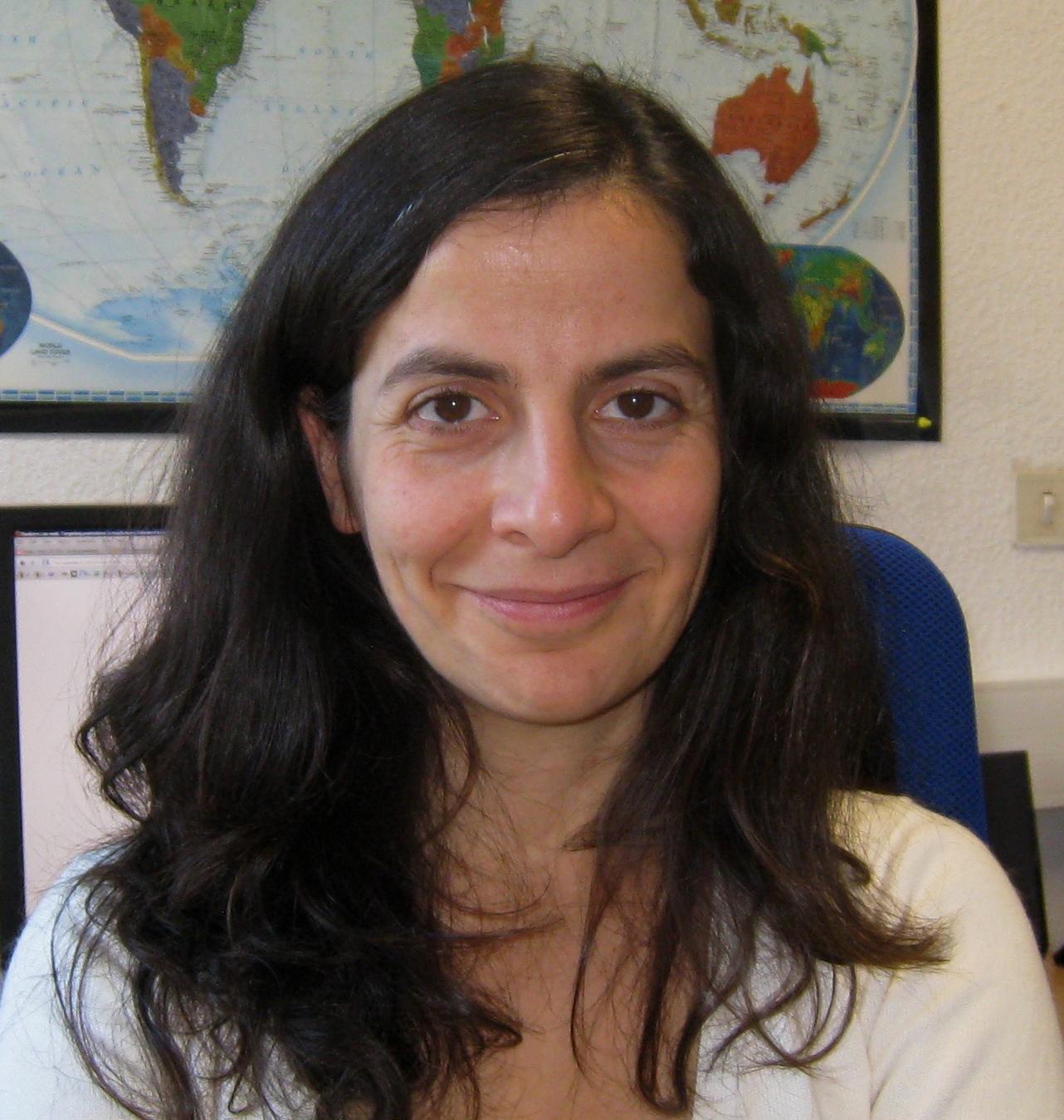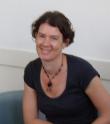
Programmation > Sessions et chercheurs invités
Les communications orales seront réparties en six sessions.
- Biologie de la conservation et comportement
- Ecologie du déplacement
- Interactions intra-spécifiques and socialité
- Interactions inter-spécifiques
- Patrons de biodiversité et habitats
- Sexe
Pour chaque session, deux chercheurs seront invités pour ouvrir et clôturer la session.
Biologie de la conservation et comportement
Cette session s'intéressera aux études impliquant des connaissances sur le comportement animal pour résoudre des problèmes dans le champ de la biologie de la conservation.
Chercheurs invités :
|
(Kristianstad University, Sweden) |
Animal behaviour has been central in all my research, although the setting and the resaons for including it have changed over time. I have studied migration, mating behaviour and sexual selection in frogs, but also habitat selection in bird communities of the boreal forest. For the last 20 years I have worked mainly with various aspects of dabbling duck ecology, for example habitat selection, brood movements and anti-predator behaviours. Conservation has always served as backdrop, as wetland and forest habitats are subject to a seemingly never-ceasing list of concerns. |
|
(Centre d'Ecologie Fonctionnelle et Evolutive, Montpellier, France) |
Behavioural adjustements are the easiest way for organisms to deal with global change, and my research is largely focused on foraging ecology as a tool for the design of conservation strategies. I study seabirds in a wide range of marine environments, using all available biotelemetry tools (e.g. GPS, GLS, accelerometers, onboard cameras) to track and understand foraging movements across their lives. This allows me to define areas which are functionally essential for seabirds, and for marine ecosystems to which they participate. This research, performed in collaboration with acting conservationists, notably contribute to the designation and the refinement of marine protected areas. I work at CEFE-CNRS in Montpellier, where I lead the research team ‘Spatial Ecology of Populations’ and I am a research associate at the DST/NRF Centre of Excellence, University of Cape Town. My research in the field mainly takes place in Europe, South Africa and the Arctic, where I am funded by the French Polar Institute. |
Ecologie du déplacement
Les études s'intéressant au déplacement animal, y compris celles s'intéressant à la dispersion, seront les bienvenues ici.
Chercheurs invités :
|
(Swansea University, UK)
|
I am interested in how free-living animals modulate the energetic costs they have for activities (including incidences, extents and intensities of activities) according to their environment and particularly how animals manage their time and energy to forage most effectively. Most of my research focuses on seabirds, especially penguins, but I am also involved in work with marine mammals, turtles, terrestrial and arboreal mammals and terrestrial birds. |
|
(Centre de Recherche sur la Cognition Animale, Toulouse, France)
|
Mes recherches portent sur les dynamiques non-linéaires qui permettent la coordination auto-organisée des décisions lors des déplacements collectifs dans les sociétés animales (moutons, poissons) et la construction du nid chez les insectes sociaux (fourmis, termites). Ces phénomènes émergents dans les sociétés animales doivent être expliqués tant du point de vue de leur importance fonctionnelle d'un point de vue écologique et évolutif que des mécanismes comportementaux et cognitifs qui les déterminent à l'échelle individuelle. Ils présentent par ailleurs des possibilités expérimentales riches pour étudier la complexité, et construire un cadre de modélisation qui peut inspirer une démarche méthodologique semblable à d'autres échelles (cellulaire, moléculaire, populationnelle). |
Interactions intra-spécifiques et socialité
Une place prépondérante y sera réservée pour les études concernant le comportement et l'évolution des humains et des primates.
Chercheurs invités :
|
(University of Minnesota, USA)
|
I study the behavior and biology of chimpanzees because study of our closest living relatives provides many fascinating insights into the possible lives of our ancestors and provides a context for understanding ourselves today. My research focuses on intergroup relations. Long-term studies at sites across Africa have revealed that intergroup relations in chimpanzees are routinely hostile and sometimes violent. Such intergroup aggression provides a striking example of competition that depends on within-group cooperation, and has inspired numerous comparisons to primitive human warfare. Until recently, however, few data were available on this topic, and little had been done to test specific hypotheses. My goal as a researcher has been to fill this gap by obtaining quantitative, systematic data on intergroup aggression and other territorial behaviors, and to test hypotheses using field experiments and analysis of long-term data. My work focuses on data from Gombe National Park, Tanzania and Kibale National Park, Uganda. |
|
(VU University, Amsterdam) |
My main research interest is the study of group and organizational processes. I study these themes primarily from an evolutionary psychological perspective. In my research I look at all sorts of human groups, from small groups to large social networks. In my research I use a variety of research tools from experimental social psychology, cognitive psychology, behavioural economics, and neuroscience to find out more about questions such as: How do groups organize themselves, how do they deal with social dilemma and with freeriders, how do they promote altruism and cooperation among their members, how do they resolve problems of leadership and status, and how do they interact with other groups? As an evolutionary-minded psychologist, I am primarily interested in the psychological aspects of group and organziational behaviour (the proximate question), for example, why some people behave more selfishly and others altruistically. But I am also interested in how humans came to be a group-living species, and which psychological adaptations enable humans to successfully negotiate the various challenges and opportunities of group life (the ultimate question). |
Interactions inter-spécifiques
Cette session s'intéressera aux interactions entre prédateurs et proies, au parasitisme, et à la coexistence entre espèces.
Chercheurs invités :
|
(Norsk institutt for naturforskning, Norway)
|
Erlend B. Nilsen travaille à l'institut Norvégien de Recherche pour la Nature. Il essaie de comprendre comment les facteurs environnementaux conditionnent la dynamique des populations en créant des variations spatiales et temporelles du taux de croissance de ces populations. La majorité de ses travaux se sont concentrés les effets conjugués de la prédation et de la chasse sur la dynamique et la démographie des populations d'ongulés et de petit gibier. |
|
Karen McCoy (IRD Montpellier, France)
|
Mes recherches se centralisent sur l’écologie et l’évolution des interactions hôte-parasite en considérant d’une manière explicite le contexte spatial. En particulier, j’étudie l’adaptation d’organismes parasites (et vecteurs) à leurs hôtes et la manière dont cette adaptation peut modifier la dispersion et la structure génétique de leurs populations ainsi que celles d'organismes en interaction (hôtes et microorganismes pathogènes). Plus généralement, je considère comment ces facteurs affectent l'évolution de la biodiversité dans ces systèmes structurés. |
Patrons de biodiversité et habitats
Cette session s'intéressera aux processus par lesquels les caractéristiques de l'habitat modèlent les patrons de biodiversité.
Chercheurs invités :
|
(Sapienza University of Rome)
|
Carlo Rondinini is a Research Scientist at the Department of Biology and Biotechnologies of Sapienza University of Rome and coordinates the Global Mammal Assessment program. He is a member of the IUCN Species Survival Commission Red List Committee, of the IUCN Red List Technical Working Group, and of the IUCN Climate Change Task Force Steering Committee. He co-chairs the Biodiversity Indicators Working Group of EU COST Action “Harmonizing global biodiversity modelling”. Carlo teaches Wildlife Biology and Conservation to undergraduate students and Conservation Priority Setting to Master students. He is a member of the Teaching Board of the Master in Conservation of Animal Biodiversity and of the PhD School in Ecology and Evolutionary Biology at Sapienza University. Research interests Large-scale distribution of biodiversity IUCN Red List Conservation priority setting Spatial ecology of mammals |
|
(Centre d'Ecologie Fonctionnelle et Evolutive, Montpellier, France)
|
My research interests lie at the interface between ecology and biological conservation, with the study of spatial biodiversity patterns as the unifying theme. This research focuses on two main components: 1. Investigating the implications of biodiversity patterns for conservation. Given that biodiversity is not evenly distributed, and neither are threatening processes such as habitat loss or overexploitation, it is fundamental to be strategic in the spatial placement of conservation efforts such as protected areas. I work on the development of methods for the selection of priority areas for conservation, and investigate how the spatial distribution of conservation efforts and threatening activities affects biodiversity, focussing on large spatial scales. I am also interested on the historical human footprint on today’s macroecological patterns, how it affects our perception of what natural ecosystems look like, and of their future conservation options. 2. Understanding the ecological and evolutionary processes that underpin biodiversity patterns. We have little understanding of the assembly rules driving species’ spatial organisation, which hampers our capacity to predict how biodiversity responds to change such as habitat transformation, climate change and species introductions. I am working on the development of spatially explicit, process-based, models that can predict biodiversity patterns across spatial and temporal scales. |
Sexe
Nous attendons pour cette session des études s'intéressant aux stratégies de reproduction, à la sélection sexuelle, et à l'évolution du sexe.
Chercheurs invités :
|
(University of Groningen, the Netherlands)
|
My research is focused on the proximate causes and ultimate consequences of diversity in animal visual signals. I am particularly interested in the role of sexual communication in generating and maintaining species boundaries, and the contributions of both natural and sexual selection to these processes. I study two colourful model systems: cichlid fish and poison frogs. |
|
(Centre d'Ecologie Fonctionnelle et Evolutive, Montpellier, France)
|
Chercheur en biologie évolutive au CEFE depuis 2000, je m'intéresse à l'évolution des stratégies de reproduction et de la consanguinité chez les animaux. J'étudie la sélection sexuelle, l'allofécondation, et l'isolement reproducteur, qui sont des stratégies évolutives pour augmenter la valeur sélective des descendants dans différents contextes. Récemment j'ai étendu mes recherches pour comprendre comment l'évolution des traits d'histoire de vie affecte la diversité et la structure des communautés, à travers les invasions biologiques et les mécanismes de coexistence d'espèces dans des communautés spatialement structurées. |
